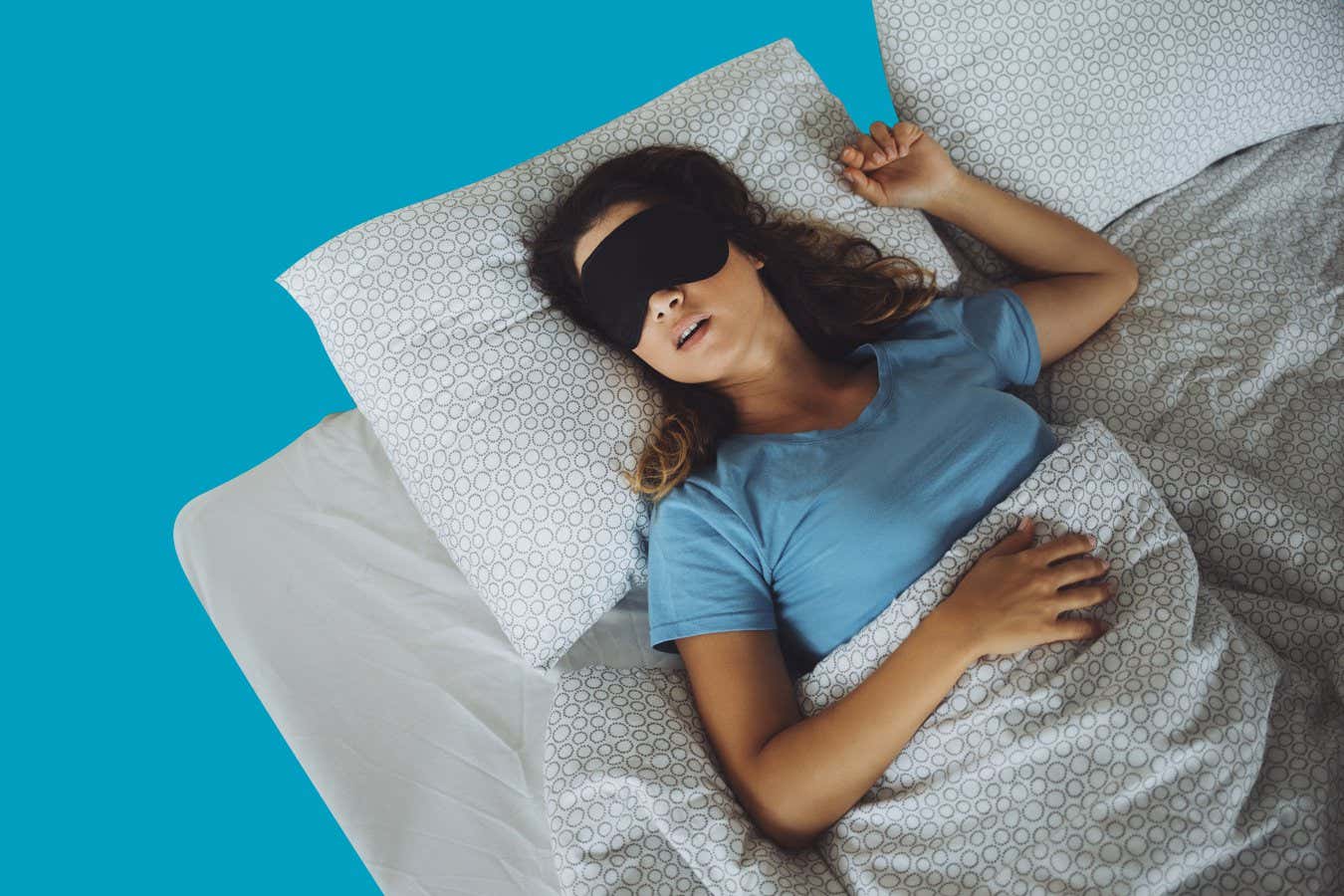
Emir Memedovski/ Getty Images
It may come as no surprise that hormonal upheaval – say, during puberty or menopause – can play havoc with sleep. But our hormones influence sleep all the time, not just during big changes. What’s more, we are starting to see that this relationship goes both ways: as much as our hormones affect how we sleep, how we sleep influences our hormones.
A better understanding of this relationship could improve both our sleep and our general health. But, like a lot of relationships, it is complicated.
This article is part of special series investigating key questions about sleep. Read more here.
There are two basic processes that regulate sleep. The first, known as process S, keeps track of how long we have been awake through the build-up of the neurotransmitter adenosine, a by-product of cellular metabolism. Once enough has accumulated, like sand piling up at the bottom of an hourglass, the pressure to nod off becomes difficult to resist. The second, called process C, is driven by our circadian system, the rhythms of activity in almost all our cells timed to Earth’s 24-hour cycle of day and night.
Process C, which is largely regulated by exposure to light, manages this through the release of two key hormones, melatonin and cortisol. Produced by the pineal gland during the dark hours, melatonin tells the parts of the brain that control sleep that it is night, so we fall asleep at the appropriate time. Cortisol picks up where melatonin leaves off, spiking in the morning and boosting our alertness to rouse us out of bed.
Hormones change all the time
Production of these hormones…
Source link : https://www.newscientist.com/article/mg26535273-100-a-better-understanding-of-our-hormones-and-sleep-could-improve-both/?utm_campaign=RSS%7CNSNS&utm_source=NSNS&utm_medium=RSS&utm_content=health
Author :
Publish date : 2025-01-22 16:00:00
Copyright for syndicated content belongs to the linked Source.